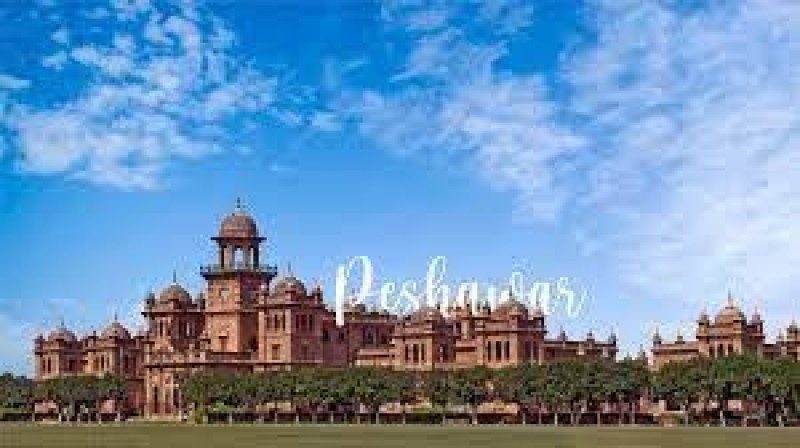Peshawar The Emerging Gateway to Europe
Historical Significance:
Peshawar, one of the oldest continuously inhabited cities in South Asia, has long been a cultural and economic crossroads. Historically, it has served as a vital link between Central Asia and the Indian subcontinent. Today, Peshawar is poised to reclaim its strategic importance as a gateway to Europe, leveraging its rich heritage and geographic advantage.

Modern Infrastructure and Connectivity:
Recent infrastructure developments have significantly enhanced Peshawar’s connectivity. The completion of the Peshawar Rapid Transit (BRT) system has revolutionized urban mobility, while ongoing improvements to the Peshawar Ring Road are facilitating smoother transit for goods and people. Additionally, the proposed Peshawar-Torkham railway project aims to strengthen links with Afghanistan and, by extension, Central Asia and Europe.
Economic Corridor Initiatives:
The China-Pakistan Economic Corridor (CPEC) has been a game-changer for the region. Peshawar, as a crucial node in this network, stands to benefit immensely from enhanced trade routes that extend to European markets. The establishment of Special Economic Zones (SEZs) in the vicinity is attracting foreign investment and fostering industrial growth, making Peshawar a burgeoning hub for commerce.
Cultural and Educational Exchange:
Peshawar’s universities and cultural institutions are fostering international collaborations, further enhancing its role as a bridge to Europe. The University of Peshawar and other educational institutions have launched exchange programs with European universities, promoting academic and cultural ties. These initiatives not only enhance educational standards but also cultivate a generation well-versed in global perspectives.
Tourism and Hospitality:
Tourism is another sector where Peshawar is making strides. The city's rich history, from the ancient Gandhara civilization to its Mughal heritage, attracts historians and tourists alike. Modern hospitality ventures, including new hotels and cultural centers, are catering to international visitors. The provincial government's efforts to promote Peshawar as a tourist destination are paying off, with increased footfall from European travelers.
Trade and Commerce:
Peshawar’s local industries, particularly in textiles, handicrafts, and agriculture, are exploring new markets in Europe. The establishment of trade facilitation centers and export-oriented policies are helping local businesses expand their reach. Peshawar’s artisans, known for their intricate crafts, are finding new audiences in European markets, boosting the local economy.
Challenges and Opportunities:
While the prospects are promising, Peshawar faces challenges such as security concerns and infrastructure development. However, concerted efforts by the government and private sector are addressing these issues. Initiatives to improve law and order, coupled with investments in infrastructure, are creating a conducive environment for business and tourism.
Vision for the Future:
The vision for Peshawar as a gateway to Europe is rooted in its historical legacy and future potential. By capitalizing on its strategic location, enhancing connectivity, and fostering international collaborations, Peshawar is poised to become a pivotal link between Asia and Europe. This transformation promises economic growth, cultural enrichment, and a strengthened global presence for the city.
Executive summary:
Peshawar’s emergence as a gateway to Europe is a testament to its resilience and strategic importance. As infrastructure projects and economic initiatives bear fruit, the city is set to play a crucial role in bridging Asia and Europe. With a rich cultural heritage, growing economic prospects, and a forward-looking vision, Peshawar is on the path to becoming a key player in the global arena.

